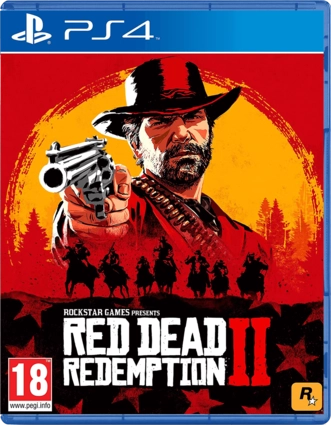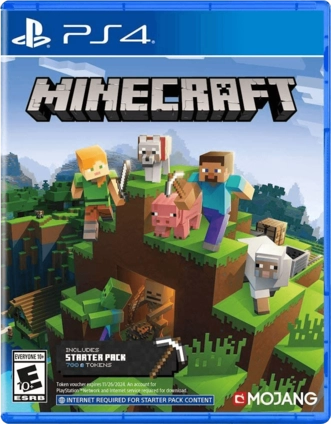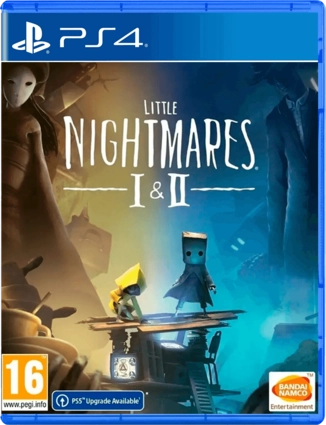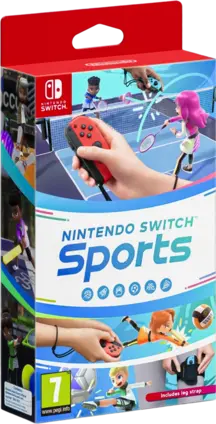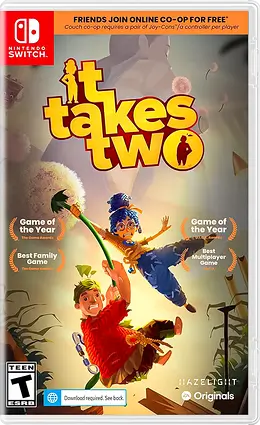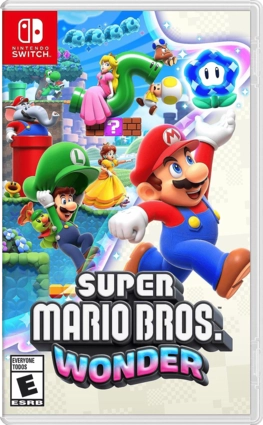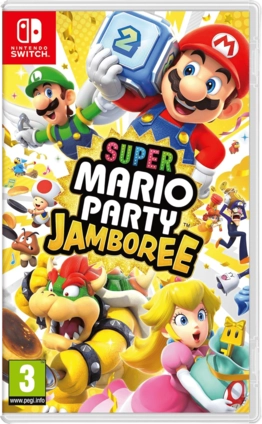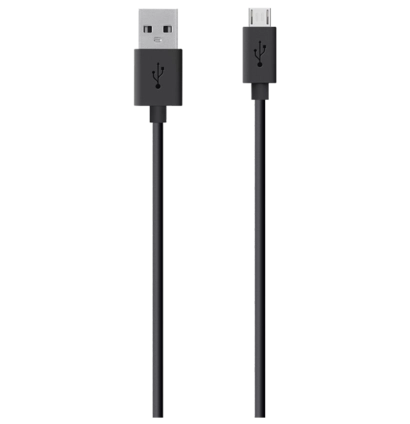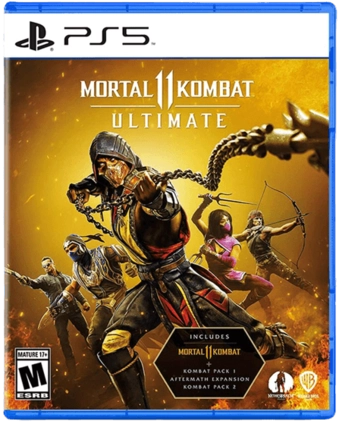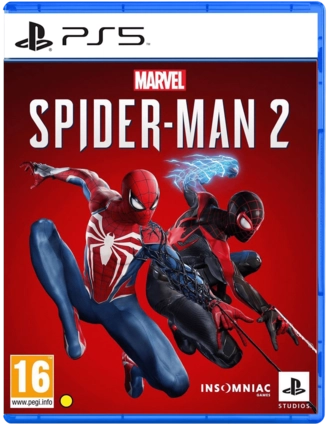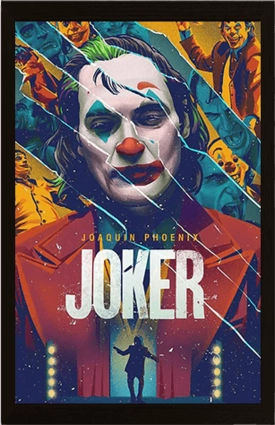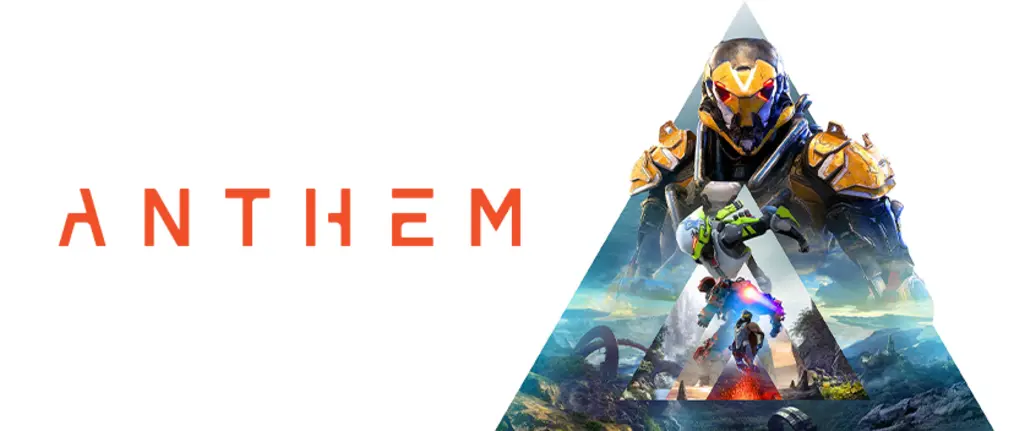
Should You Lose Access to a Game You Bought? The Campaign to Save Anthem Before Servers Shut Down
If you paid for a game, should you lose access to it just because the servers shut down?
This question sparked a growing community campaign following the recent announcement that Anthem, the sci-fi multiplayer game developed by BioWare and published by EA, will have its servers permanently shut down in January 2026.
The news didn’t shock the masses because Anthem was a beloved classic—it wasn’t. But the announcement ignited a principled fight among gamers:
"If I bought a game, I should be able to play it. Period. Even after the servers are gone."

Why Are Players Demanding to Save Anthem?
The core demand of the campaign is simple:
Players are asking EA to release an offline mode for Anthem, so anyone who owns the game—digitally or on disc—can still access and explore it after the servers go offline.
This isn’t a nostalgic plea from fans in love with the game. Most people agree that Anthem was a flawed experience from day one. Overpromised features, technical issues, and an empty endgame loop all contributed to its commercial and critical failure.
But the campaign isn’t about content or updates. It’s about preserving access. Gamers want a way to open the game, walk around its world, test out mechanics—even if they’re not playing online. They’re not asking for support. They’re asking for respect.

Offline Mode = Respecting the Player
Those leading the campaign argue that providing offline access should be the bare minimum any publisher offers when ending support for a live-service game.
These players paid full price—or at least some price—for a product they assumed they would own. And now, without an offline patch, that product will become completely unplayable once servers go dark.
Many supporters point to examples like Suicide Squad: Kill the Justice League, which also struggled commercially. But before ending development plans, the team released a patch enabling offline mode so players could still access the game after server closure.
That’s exactly what players want from EA when it comes to Anthem.

The Bigger Issue: Game Preservation
The Anthem campaign touches on a larger issue in modern gaming:
What happens to online-only games when servers shut down?
Recent years have seen numerous titles vanish forever—Babylon’s Fall, Knockout City, and Marvel’s Avengers are just a few high-profile examples.
Even if a player owns a disc or still has the game installed, they often can’t do anything with it once the servers are turned off. In essence, they paid for a time-limited service—not a product.
This raises long-term questions about digital ownership in gaming. What exactly are we buying when we purchase a game? If publishers can revoke access at any time, is it really ownership—or just a license?

Anthem May Be Just the Beginning
Whether you liked Anthem or not, this situation isn’t unique—and that’s what makes the discussion important.
Today it’s Anthem. Tomorrow, it could be your favorite game.
Gamers pushing for offline modes aren’t necessarily trying to keep flawed games alive—they’re standing up for a core principle:
Once you buy a game, you should never lose the ability to play it.
Whether or not this campaign succeeds, it highlights an ongoing shift in gamer expectations. People are no longer just accepting the “live service” model. They’re asking for fair treatment, access, and preservation.
And as more games rely on servers to function, this kind of demand might become not just common—but essential.














